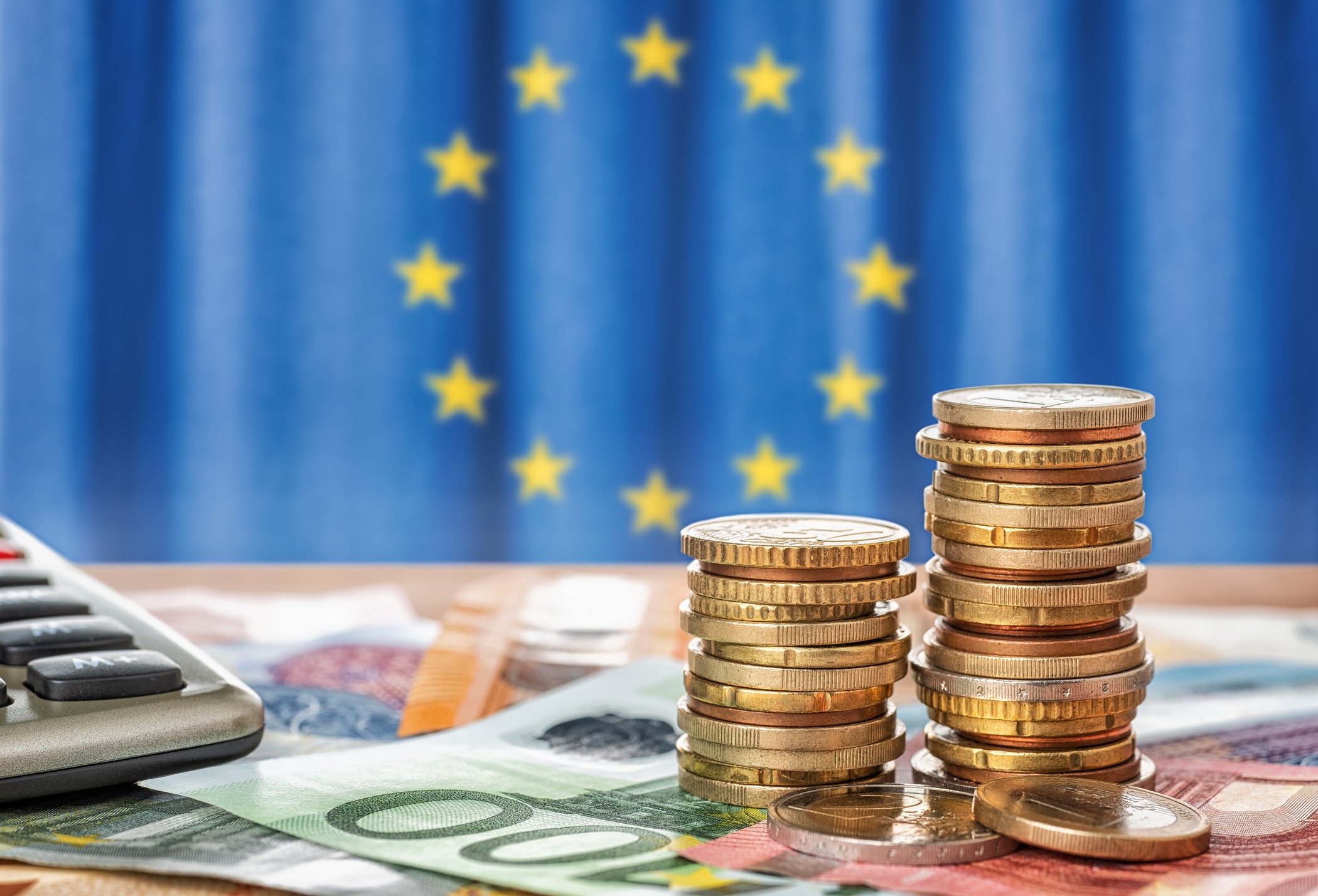
By cutting interest rates by a quarter of a percentage point, the European Central Bank began its long-awaited shift in monetary policy. It is likely to have a major impact on the markets.
That’s because many investors have so far held more money than usual, explains Mark Heffel, chief investment strategist at UBS Global Wealth Management. “Lowest interest rates (European Central Bank branch) It is likely that at least some of it will flow into other investments».
Therefore, investors must look at different asset classes differently. Handelsblatt then presents the short and medium-term potential of the most important forms of investment.
Stocks: Volatile stock at record high
Essentially, a lower level of interest rates causes bond and stock prices to rise. The crucial factor in the case of bonds is that old securities become more attractive when the yield on new bonds is lower. For stocks, it is important to make them more interesting compared to bonds.
Stock prices have already responded to potential interest rate cuts in recent months. Combined with strong earnings and a friendlier economic environment, this is the reason why the DAX has risen 25% since the beginning of November last year. Since then, he has extended his record 32 times.
European stocks ‘should benefit from ECB interest rate cuts and improved growth and earnings momentum’ Anne-Katrin Petersen, chief capital markets strategist at US fund company BlackRock, said. However, he prefers US stocks in the short term. These will be more strongly supported by “big forces” such as AI hype.
Among the beneficiaries of lower interest rate expectations in Europe are real estate stocks. This is due to the fact that companies in this sector rely heavily on external financing. For example, the housing group Fonovia was already a leader: in a twelve-month period, its share price rose by 65%.
Other beneficiaries of lower interest rates could include technology stocks and small cap stocks, that is, companies with a small market capitalization. Both TecDax and SDax have recently outperformed the Dax relative to large-cap stocks. However, both sectors still have potential to catch up. The level of interest rates affects the economy, which many small businesses depend on. In the case of highly valued technology stocks, it also plays a role that when interest rates fall in the future, the profits expected in the present will increase in value in the present.
If this single rate cut continues, winners may be in demand in 2023 again. These are, for example, bank stocks such as Commerzbank or insurance companies such as Allianz, as they benefit from higher interest rates.
Bonds: Debt securities that bear interest
Strategists have been heralding the era of bonds for a long time. Over the past two years, returns have risen significantly. If you haven’t bought bonds yet, you haven’t lost much. This is especially true for government bonds, which are considered particularly safe.
At just under 2.6%, the 10-year German government bond yield remains close to the annual high of 2.7% reached in April. Yields in general are at “all-time highs,” says Robert Tibb, chief investment strategist at US bond asset manager PGIM. According to Highfill, they will fall only when the first US interest rate cut looks more certain. But so far, the Fed has been putting off the move more and more.
Oliver Eichmann, chief bond strategist at DWS, also believes government bond yields are likely to fall as central bank interest rates fall. According to Eichmann, short- and medium-term bonds, i.e. securities maturing in two to five years, are particularly affected. Its growth is more closely linked to key short-term interest rates. However, strategists also expect 10-year bond yields to decline.
As a result, investors realize price gains through bonds and bond mutual funds. UBS mainly focuses on “high-quality bonds”, that is, government bonds from countries such as Germany, France or the United States and corporate bonds with good credit ratings.
Money Market and Money Overnight: Interest rates are close to recovery
“Interest in the money market has never been as high as it is now,” says Alessandro Tintori, investment strategist at French insurance company AXA. “Historically, when central banks cut key interest rates, cash yields also fall,” the PGIM report explains. Maximilian Kunkel, head of investment strategy at UBS in Germany, also confirms: “Current cash yields will not last much longer.”
The conditions for parking money worsen with each interest rate cut by the European Central Bank. It is interesting to note that some providers have already significantly modified their offerings prior to the current price decision. Especially in the case of term deposits, they reacted earlier than before, anticipating a rate hike by the ECB, says Ania Schulz-Orvanidis of Frankfurt-based FMH Finanzberatung. Interest rates on term deposits of up to one year have already fallen significantly by 0.2 percentage points to an average of 3.21% as of the end of 2023, notes Barkow Consulting. For longer periods, the reduction was as much as half a percentage point.
Not much has happened so far with overnight money availability, which has fallen by 0.06 percentage point to 1.59% this year, according to Barco. However, Soltz Orvanidis now expects major adjustments
According to FMH, one of the highest overnight rates to date was paid by Dutch online bank Bunq: new customers get 4.01% per annum. The interest rate is guaranteed for four months, after which it drops to 1.56%. 100,000 euros are covered by the legal protection of state deposits. At Consorsbank, new customers get 3.6% for five months, but only 1% after that. Those looking to hold on to their money longer will receive a 3.6% return over a year from the German branch of Turkey’s Isbank, even with comprehensive deposit protection in Germany. Stellantis Auto Bank from France pays 3.5%.
Currency: stuck between the European Central Bank and the Federal Reserve
The latest developments in the Forex market are quite fascinating. The Euro has risen to just under $1.09 and appears to be beyond weakness at the moment. Instead, experts expected the value of the euro to fall further. The reason for this is that the Fed has not yet taken any step to lower key interest rates.
Foreign exchange experts at the major Dutch bank ING said that the euro-dollar exchange rate was “confined in a relatively narrow trading range.” The lowest level of the year was $1.06 in mid-April. ING analysts expect prices to be strengthened mainly by the United States. The next major event is the release of the monthly US jobs report on Friday. If the labor market weakens, this would call for a somewhat premature rate cut by the Fed. This would weaken the euro against the dollar.
What will happen next?
The deciding factor for all asset classes is when and to what extent the ECB cuts interest rates further. Insurance company Allianz expects two additional rate hikes by a quarter of a percentage point each this year, which will reduce the relative rate of commercial bank deposits to 3.25%. He added that the repercussions of interest rate cuts should end next year at 2.5%. Luca Paolini, head of investment strategy for asset management at Swiss bank Pictet, expects two or three more steps this year.

“Avid problem solver. Extreme social media junkie. Beer buff. Coffee guru. Internet geek. Travel ninja.”





More Stories
Used Car Travels Around The World – Crashed, Sold For New Car
If it weren’t for the merger of Attica Bank and Bankritia, they could have collapsed.
Debt: When will it return to 60% of GDP – “Snowball” Stournara and the Greek Bell